
The regions GCA offers busing from are:
How we see Glenmore Christian Academy
Compare with:
How Glenmore Christian Academy sees itself
"Glenmore Christian Academy’s mission is to Teach Truth, Inspire Excellence, Experience Christ and Serve Through Love. Through a Biblical worldview, students learn liberal arts, sciences, fine arts, languages and Phys Ed from specialist educators in our state-of-the-art facility. Extra-curricular options include performing arts, band, intramural and competitive sports. In Junior High, students partake in outdoor leadership programs including an international Mission Trip in Grade 9."
"GCA is more than just a school: it is a community. It is our priority to work in partnership with parents to help our students discover their God-given talents. At GCA, Bible is more than just a subject. Our enriched academic program is infused with a Biblical perspective, even in the core subjects. Christ is in everything that we do. These two elements working together allow us to provide students the tools they need to continue to thrive academically and spiritually when they graduate."
"Those that apply to Glenmore Christian Academy are looking for an educational program where their child will be taught how to become a life-long learner, be encouraged to grow in their faith as they learn about Jesus Christ and be given opportunities to put that faith into practice."
"At GCA, we are truly blessed to have a wonderful facility for our students and staff. Our facilities team are all dedicated Christ followers and completely committed to what they do, and are an incredible example to the rest of our staff. The work that goes into keeping our school clean and safe is a huge endeavour, and our facilities team members are truly inspirational."
"The culture at GCA is incredibly diverse. Our community is comprised of students whose families are from all over the world, and from more than one sect of Christianity. At GCA, we come together and celebrate our differences all under the banner of Christ."


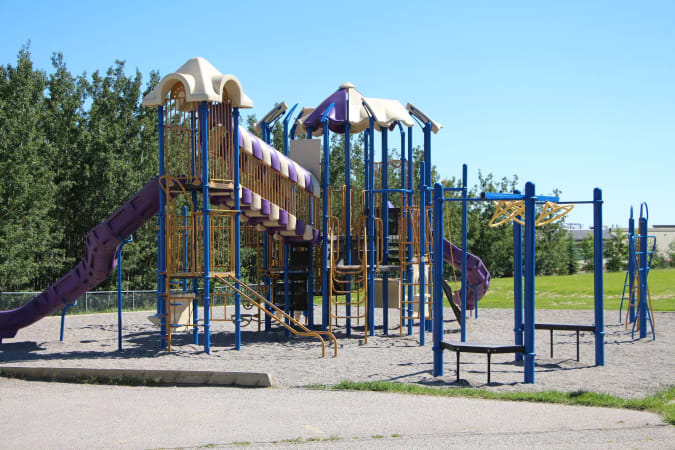
The playground for Grade 3 and up.
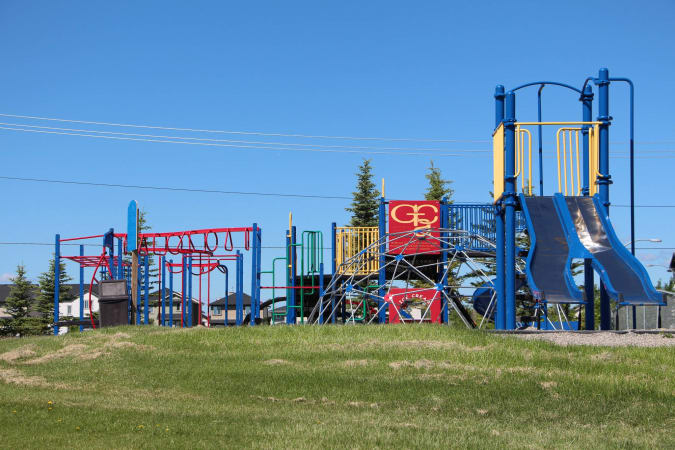
The playground for Kindergarten to Grade 2.

One of two full sized gymnasiums.



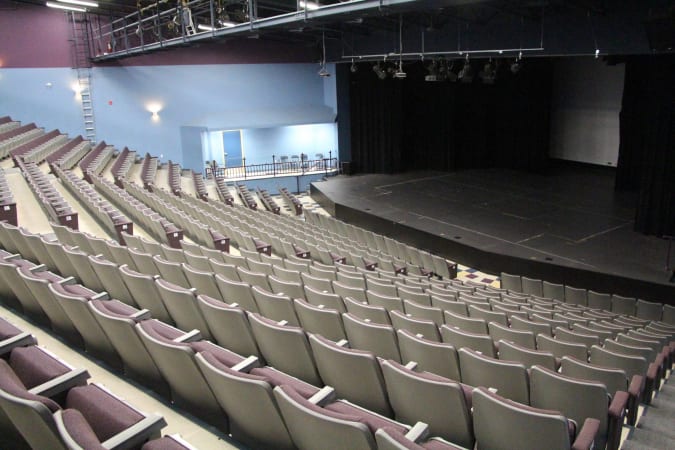
Our 535 seat theatre is used regularly for assemblies, chapels, and school productions.

We have an expansive band room in Jr High, as well as a designated music room in Elementary.
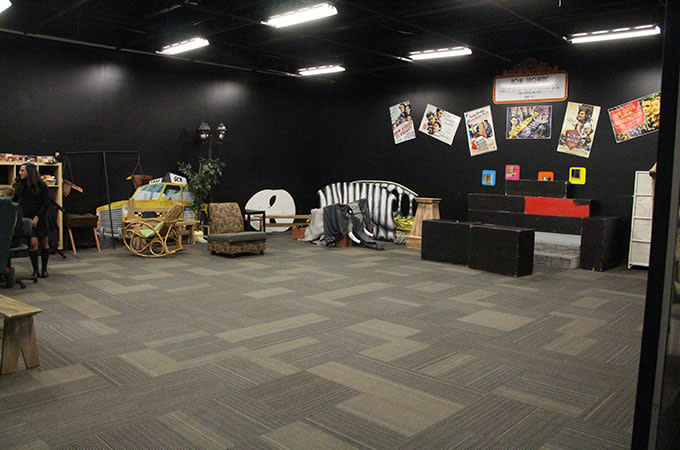
Our Jr High drama studio.



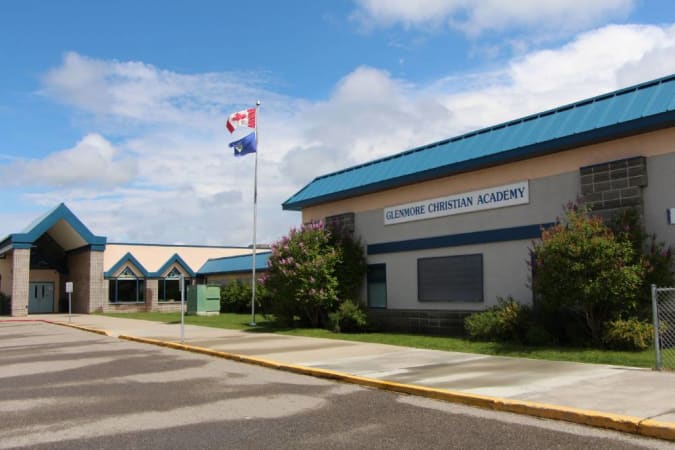
Our Elementary school was built in 1990.
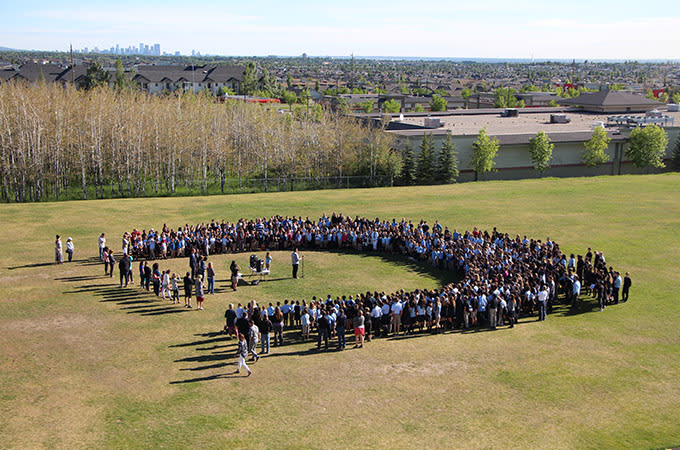
GCA is located on a 13 acre campus.
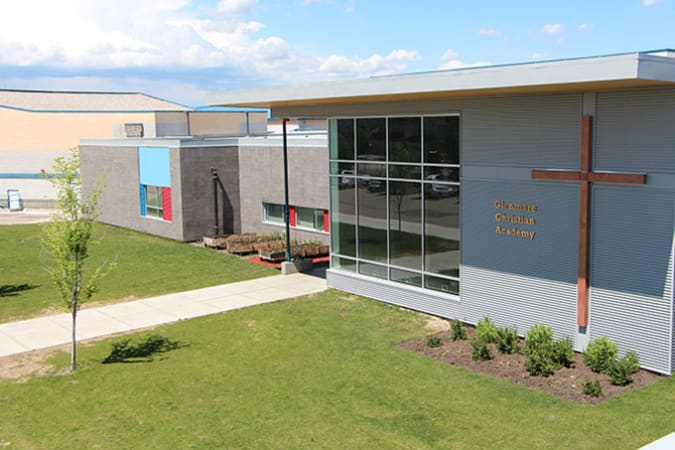
Our Junior High wing was built in 2012.




Elementary classrooms are all fitted with smartboards, and are unique to each teacher.

Jr High classrooms also include smartboards, and have unique furniture such as these "rocking" chairs.
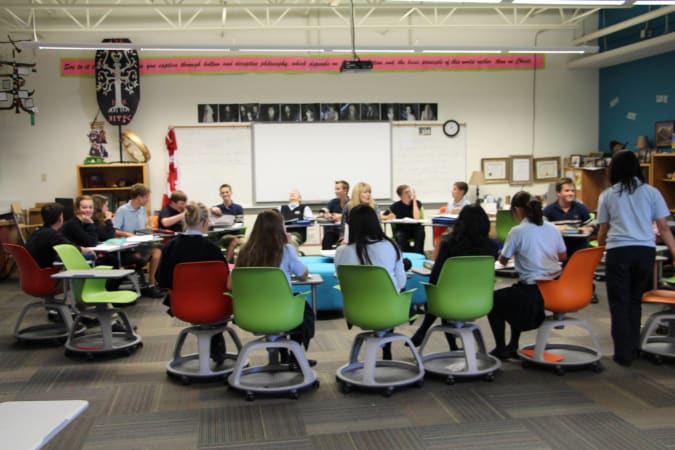
Certain classrooms also have movable furniture to allow for continual reconfiguration.



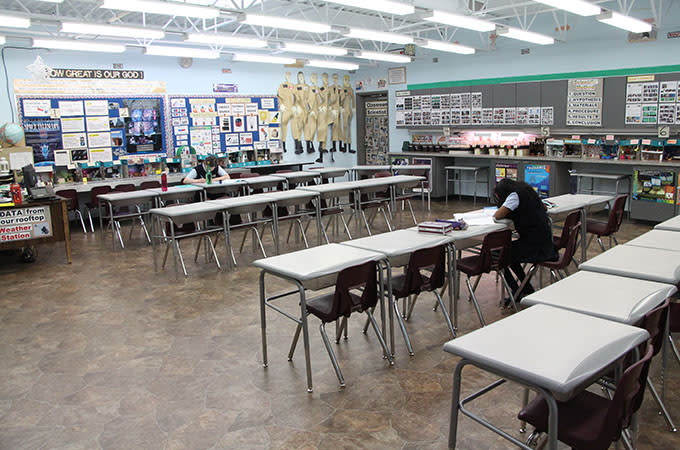
Our Elementary science lab.

Our Jr High science lab, also attached to a full classroom.


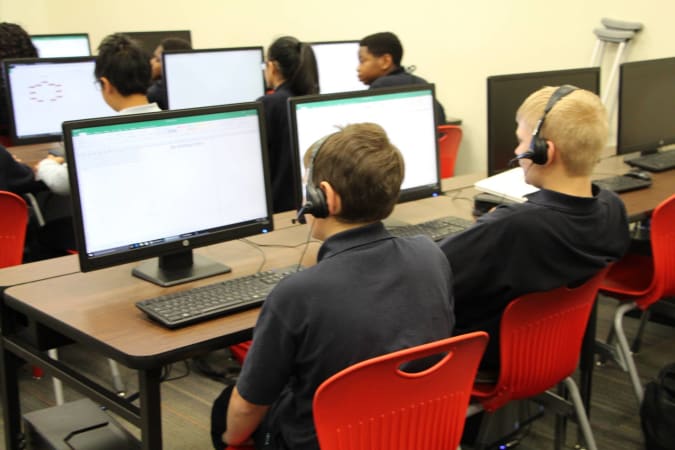

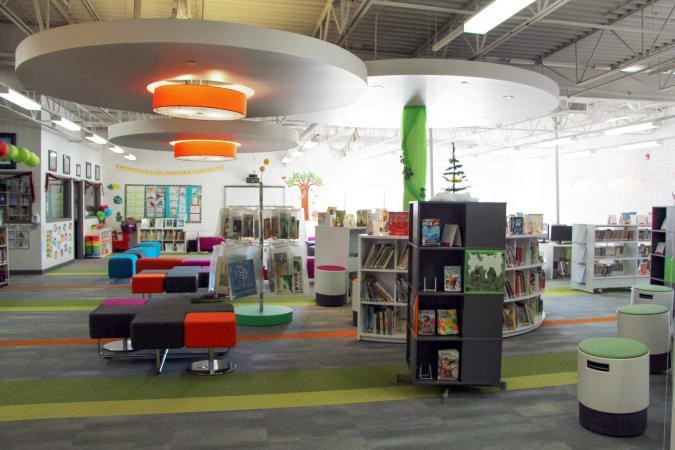
Our award winning Elementary library.
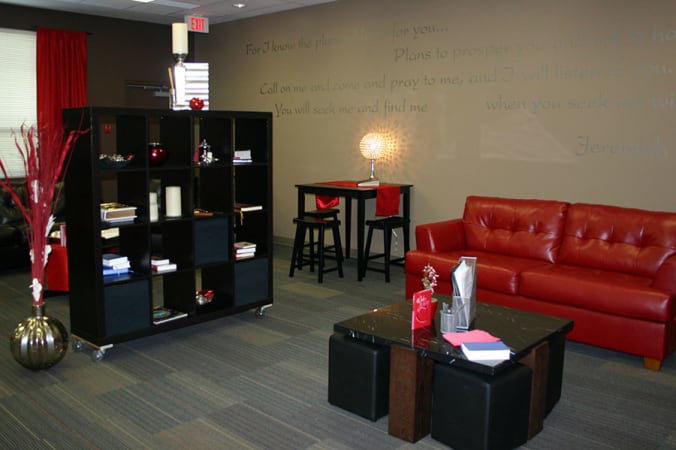
Zeteo: our sacred room of contemplation and used for devotions.

Our Jr High learning commons.



How people from the school’s community see Glenmore Christian Academy
Top-down influence on the school’s direction and tone

Stanford Hielema, Head of School
BEd Calvin College, Michigan; MA in Leadership from Trinity Western University
Stanford Hielema is passionate about education and nurturing an environment where all children have an outstanding learning experience. Previously, as Associate Superintendent for Palliser Regional Schools, he oversaw student learning, fiscal management, policy and administrative procedures, and community relations for the faith-based alternative schools. Before that, Stanford spent over 20 years building Trinity Christian School from 45 students to more than 400. With a strong focus on community, the school thrived in academics and athletics. He built capacity with teachers through instructional best practices to improve student learning. He acted as a Designated Signing Authority for the province during this time, and evaluated 60+ teachers for their Alberta Permanent Teaching Certificate.
Most big schools provide your extroverted child with plenty of social opportunities and the ability to interact with different peer groups with a wide range of personalities, interests, values, etc. A larger student population and more extracurriculars—including activities like team sports, arts programs, and debate—will give them a broader scope of opportunities to participate in events that scratch their interpersonal itch. “This may also give them the opportunity to hone certain skills,” say Ann and Karen Wolff of Wolff Educational Services. “For instance, they might run for student council to develop leadership and public speaking skills and learn to be a voice for other students.”
Make sure any prospective school, no matter what size, provides the right social environment to help your child feel at home, make friends, and develop confidence. This is especially important at big schools, which are sometimes more socially overwhelming and challenging for an introvert to find their bearings in. Of course, “Because larger schools usually have a more diverse student population, introverted kids are more likely to find a small group of people like them, a peer group they can relate to and find acceptance from,” says Dona Matthews, Toronto-based education consultant and co-author (with Joanne Foster) of Beyond Intelligence.
Bigger schools often have a broader scope of extracurricular activities, which is another way to help your child meet the right group of friends. “This may also give them the opportunity to develop certain skills,” say Ann and Karen Wolff of Wolff Educational Services. “For instance, they might run for student council to develop leadership and public speaking skills and learn to be a voice for other students. Remember, though, each child is different—so what works for one may not work for another.”
THE OUR KIDS REPORT: Glenmore Christian Academy
Next steps to continue your research:
Continue researching Glenmore Christian Academy with OurKids.net, or visit school website.